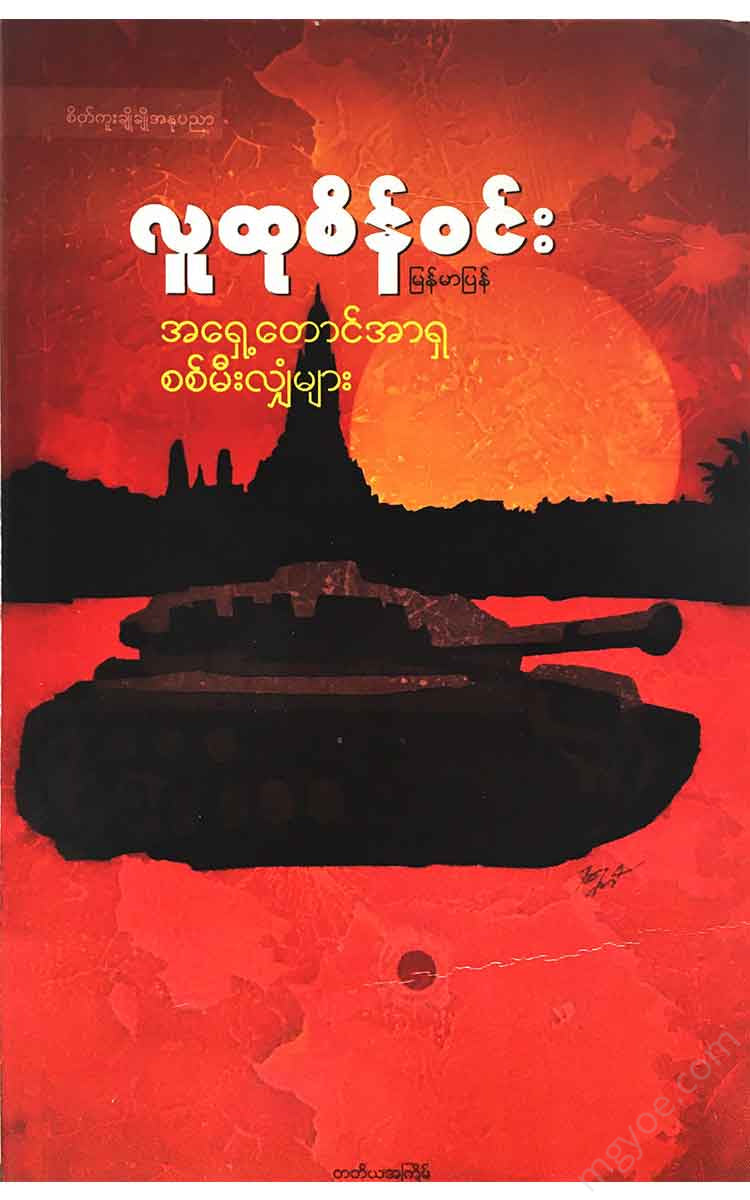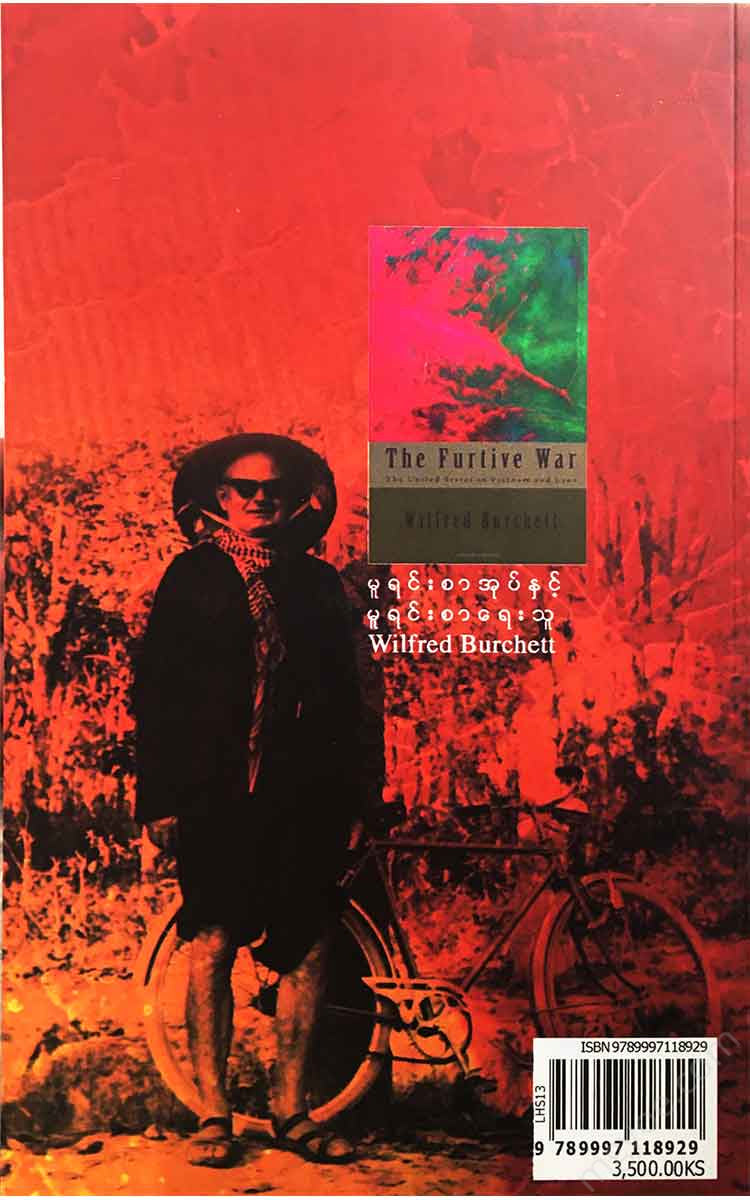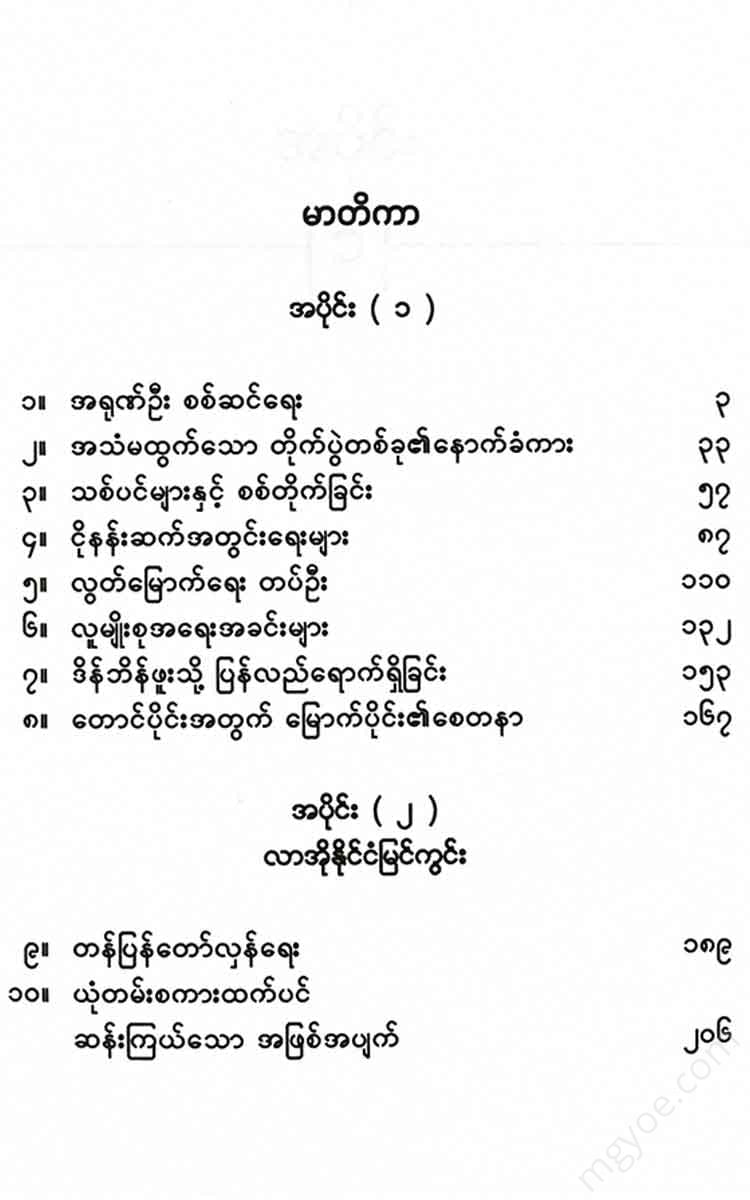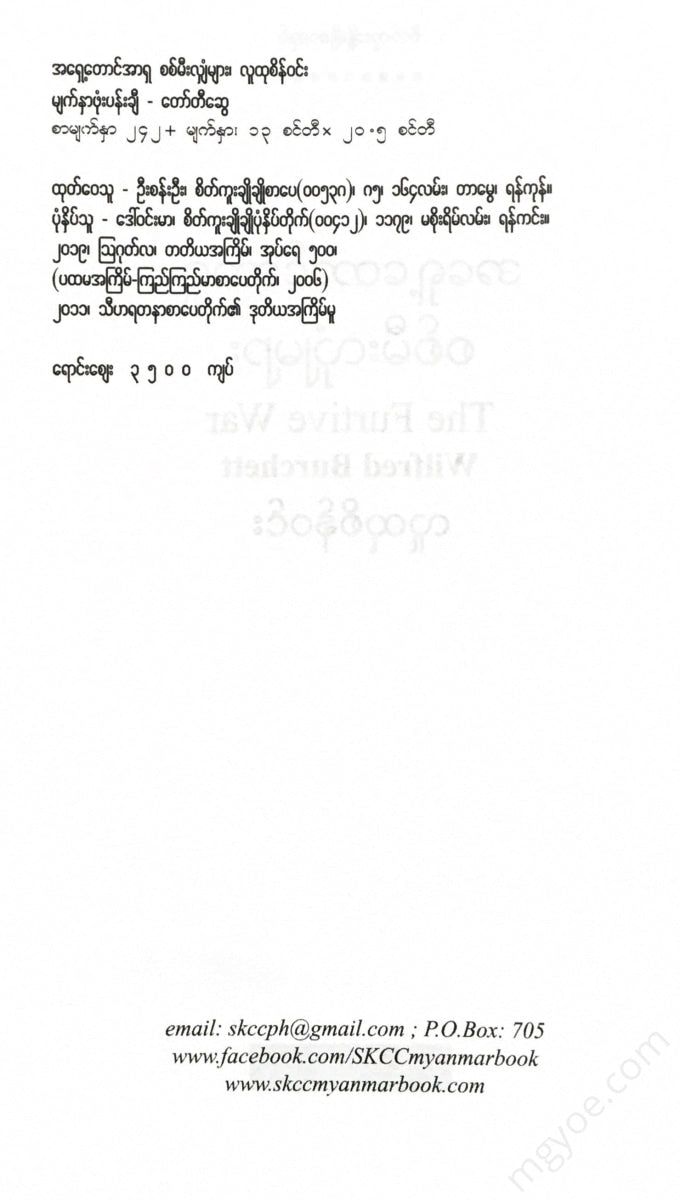စိတ်ကူးချိုချိုစာပေ
Public Diamond - The Flames of War in Southeast Asia
Public Diamond - The Flames of War in Southeast Asia
Couldn't load pickup availability
Return to the motherland
In the courtyard of a pagoda, under the shade of two large, shady trees, a few hundred people, including women, men, and children, were gathered with their families. They all seemed to be in a state of great depression and despair, and were bent over backwards. The dirt road behind the pagoda was green with sugarcane fields on both sides. The road was lined with green sugarcane fields and, at a distance, led straight to a green forest and a small bridge near a hill.
The road is the Siem Reap-Phnom Penh highway. The green forest and hills on the other side are in the An Giang region of South Vietnam, while the pagodas on the other side are in the Phnom Dinh pagoda in the Takeo region of Cambodia. The people living in the small pagoda compound are the Khmer Krom, a Cambodian people who have lived in South Vietnam for generations. They are also refugees who fled across the border to escape the various persecutions of the Ngo Dinh Dynasty in South Vietnam, where they have lived for generations.
Those refugees were looking at me and my companion with a sad, trusting look. My companion was the governor of Takeo, where we were now.)
“This group is probably the newest of the refugees that have arrived. In previous groups, it was almost exclusively women and children. In this group, out of 429 people, only 284 were women and children.”
My friend, Governor Intam, was surveying the refugees when he spoke to me. At the same time, he pointed to about 30 women huddled together in one place and explained, “The group of them arrived two days ago.” I couldn’t understand this, so I asked, “Why are the women running alone?” One of the women stepped forward and answered. She was about 50 years old, but she looked much younger.
“We are all from the village of Htatkan in Anjin Township. We fled here because we were afraid of being forcibly captured by the Ngo Dinh people. It’s not like we didn’t flee. Since December last year, the Ngo Dinh people have been forcibly taking away all the women they find between the ages of 18 and 35.”
"If you run away like this, your sons and husbands will be left in their hands."
When the refugee woman heard my question, she seemed a little confused, as if she couldn't take it anymore.
“The people of Ngo Dinh Zin are trying to destroy our entire village and force us to move. Two or three weeks ago, some soldiers came and said that they would move our entire village to a village called Seninga, a few miles away. If we move like that, how will we be able to earn a living? So when we said, ‘Don’t move,’ we couldn’t, because it was President Ngo Dinh Zin’s order. If we don’t want to move, we are asking for a thousand piastres per household. A thousand piastres is not a small amount of money. But we all borrowed money from our neighbors or sold our belongings and saved up what they asked for. The soldiers returned with the money. But four or five days later, some soldiers came and said that they would destroy our village and move us. When we said that we had already paid the money they had asked not to move, they didn’t know anything about it. This order was the President’s order, so it couldn’t be changed. So we were told that we had to move immediately. When we said "Zut Pe", they demolished our houses themselves. Those who prevented their houses from being demolished were immediately arrested and tortured in front of people. It was unbearable for a person living near my house to be beaten with a crowbar. Even an old man was beaten up and killed on the spot. Our entire village was completely destroyed, leaving not a single pillar of our house.”
The old woman was so angry that she didn't even realize she was tired, so she continued talking.
"Now where are your husbands left?"
“We had to run into the forest to avoid being caught. We couldn’t go into the forest, if we stayed, we would be forced into the army, or we would end up in a concentration camp, so they all consulted and told all the women and children to run to safety, so we came here.”
“That’s how Ngo Dinh Zin produces good Vietnamese food.”
When the woman finished speaking, my friend the governor stepped in and commented. (The Viet Cong is just a name that the Ngo Dinh and the Americans gave to anyone who opposed them. In fact, there is no such name, organization, or person. The Ngo Dinh only used the abbreviation Viet Cong to refer to the Vietnamese communists.)
"The village that was peaceful a few days ago is now in ruins. The people are dying, too. In fact, Ngo Zin Zin himself is driving the villagers into the forest and forcing them to rebel," my friend the governor was commenting to himself.
The next person I spoke to was a Buddhist monk. He was very respectful because of the white robes he wore and the expression on his face that seemed to be full of insight.
“We villagers are always being humiliated. Every time they come, they destroy our crops, raze our villages, and imprison our people, buffaloes, and cows in huge barbed wire fences. These people call us human beings.
"I can't even imagine. They are just trying to torture me with guns and all sorts of things."
The monk’s calm face gradually faded as he spoke, as if he was breaking down. When I asked, “Why did the monk run away with the people?” he said, “I was arrested about a month ago for having contacts with the Viet Cong. They arrested me, interrogated me, and threatened to kill me if I continued to talk to the Viet Cong again. Once, the soldiers from last week came to my school and looked for me. As luck would have it, I was not at school at the time. These guys said they would arrest me again if I did not give them fifteen thousand pesetas. How could a child of God like me have fifteen thousand pesetas? They did not get any money from me, and they did not see me, so they started to burn the whole village in anger. Not only did they burn the village, they also shot two people. The people in the village ran away into the forest, where they did not dare to follow them.”
"Is it true that you are in contact with the Vietnamese?"
"Who are the good Vietnamese?"
Even the monk asked me again.
“I will answer you in kyats, just like I answered the soldiers. The people they call Viet Cong are actually our villagers. They were all forced to flee into the forest to protect themselves because they could not live in their villages. Sometimes they return to their villages. If they find the things they want, they buy them for money. When they find them, they will meet me at the pagoda. I will accept the words of those who come to me. Isn’t this my duty?”
“These people are called Viet Cong because of the filth of Ngo Dinh Sinh. We, the Khmer children, are very oppressed there. Even though ninety percent of the people in our villages are Khmer, we are not allowed to speak our Khmer language. Even the Pali language school in Tra Vinh is not allowed to open. Is it because we continue to tolerate the oppression of our people, the destruction of our customs, our literature and culture, and the killing of our people?”
The entire crowd was silent as the monk spoke. The monk seemed to be deeply moved. The monk's clear, dark eyes were wide open, and his voice was filled with sorrow. For me, the sight of him was more disturbing than the things he said.
As soon as the monk finished speaking, the governor pointed to a man nearby with his left arm bent and explained, “That man has been paralyzed in one arm since he arrived.” The man stood up and explained his story.
“The dogs and animals tortured me to death. First they tied me up with ropes and hung me from a tree. After hanging me like that in the hot sun for so long, I got tired of cutting the rope. When I was lying on the ground, they poured water through my nose until my stomach was full. When my stomach was full, I got up on my stomach.
"I would hit him and make him vomit water. I felt better after doing that, so I started hitting him here and there with a hammer. Finally, I tied him to a tree and started hitting him with a hammer. That's when one of my arms became paralyzed. I tried to ask him, and he said, "I'm done."
"What are they checking? Why are they treating you so cruelly?"
"They accused me of being a Viet Cong leader and demanded that I reveal where the weapons were hidden."
When he finished speaking, Governor Antam leaned close to me and asked, “Do you think such a thin and frail man is a good leader of the Viet Cong?”
"Are you saying yes or no?"
I had to ask him again.
"Even if you're not the leader, you're still a member. It's safe. You can say whatever you want freely and truthfully."
"I'm not a leader or a member of any group. They said, 'If I confess and give up my weapons, they'll give me a fortune.' I said, 'I'm a child.'"









